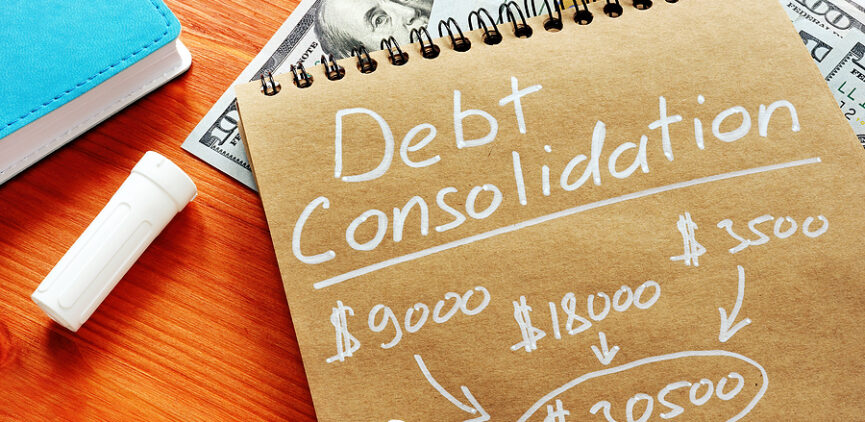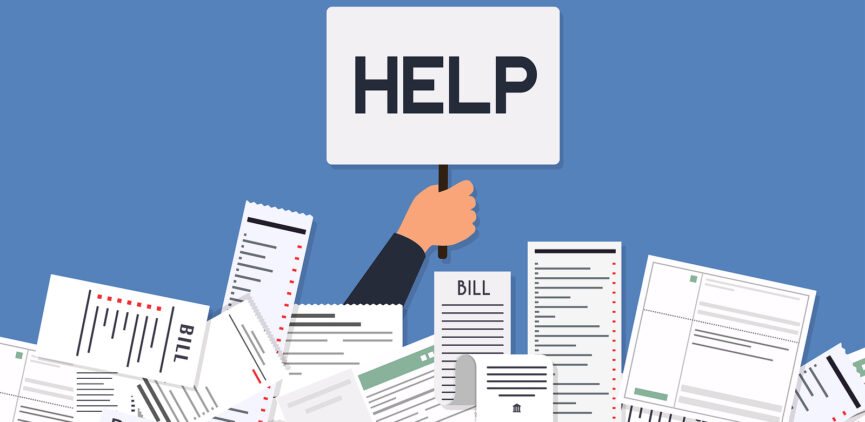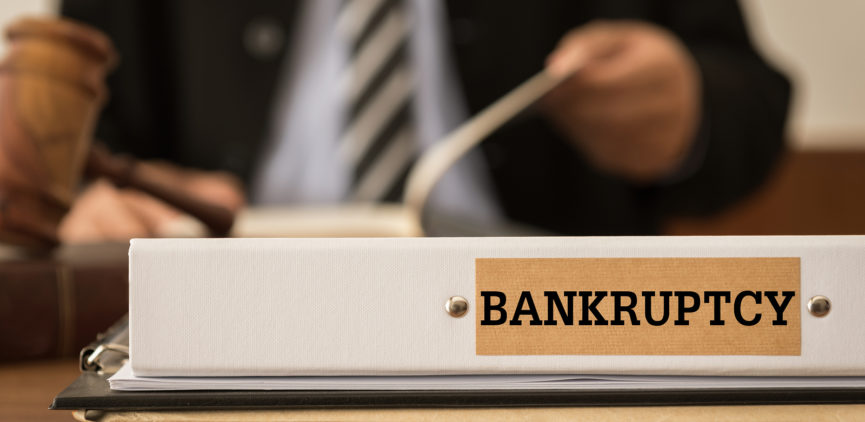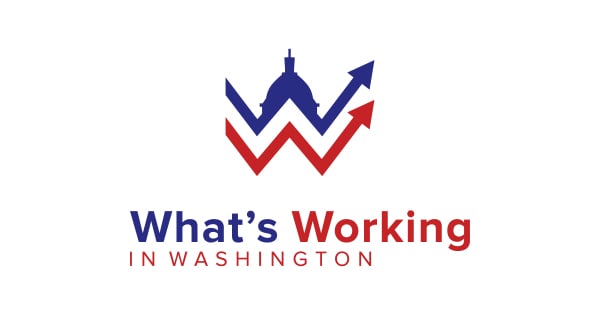How Paying Down Debt Helps You Save
This week is America Saves Week, a national campaign to raise awareness about the importance of savings, and a time to celebrate accomplishments related to saving money and working toward financial goals. Saving money—as simple as it may sound—can be a somewhat complex topic. It’s not particularly hard to understand, but there are many different ways to think about saving, and to build a plan for saving more money. Today, let’s take a look at the relationship between debt and savings. Specifically, how does paying off debt help you save?
The Basic Formula
To be successful financially, and to save effectively, you have to remember a basic mathematical goal: that your income should be greater than your expenses. To reflect that mathematically looks like this: Income > Expenses. That’s pretty simple, right? If that is not true and your expenses are actually greater than your income, then it will be impossible to save money.
That’s because your savings is generally what’s left over from your income after expenses. So that formula looks like this: Income – Expenses = Savings. Now, there are two things to note about this. First, how much “savings” is left over after you subtract expenses may be in your control. Think of it this way, all income will eventually become spending (expenses) or savings. In other words, don’t assume that “expenses” are only the mandatory items like groceries, utilities, and housing. They also include discretionary spending, which are expenses you don’t make because you need to but because you want to. By limiting those purchases of “wants,” you can increase savings.
The second thing is that “expenses” means your non-saving expenses, and income is your gross income. That probably sounds obvious, but it isn’t always. Many people save automatically from each paycheck, which is a great strategy of “paying yourself first.” However, you don’t want to forget about that savings coming out before you get the check. Those automatic savings funds are being deducted from your gross income, like an expense, but are actually part of your savings.
What About Debt?
A recent study indicated that the average American household has over $145,000 in debt. Now if that figure seems incredibly high, it’s because the figure includes many types of debt, including mortgages. But with the average household with student loans averaging over $55,000 in that debt, and the average household with credit card debt averaging over $7,000, we know that there are significant challenges facing millions of American households.
Debt throws a wrench into the formula we mentioned above, because debt increases your expenses, often significantly. As a result, debt makes it so that there is less money left after your expenses, if anything at all. Basically, debt and savings are at direct odds with each other.
Paying Off Debt to Save More
You’ve heard the old saying that “a penny saved is a penny earned,” and it’s also true that “a penny of debt paid off is a penny saved and therefore a penny earned.” That’s more of a mouthful, but hopefully you get the point. For every bit of debt you can erase, you will free up more room to save.
That is a very direct relationship between debt and savings, but it isn’t the only one. Paying off debt also has other benefits that can help you “save” more over time. Here are a few examples:
Paying down debt helps you contribute to an emergency fund, so that you may not have to take on more debt and wipe out your savings when faced with an unexpected set of circumstances.
Paying down debt helps you achieve other financial goals, like buying a house, that can help you build equity, which operates much like savings.
Paying down debt effectively makes your savings and investments lower-risk. When you don’t have debt to worry about, you can more easily take a set-it-and-forget it approach to investing and retirement planning, without feeling like you need to pull out funds early to pay a debt.
These are just a few examples. But the basic idea is that when you don’t have to worry about debt, you’ll have more money for savings each month, but also more flexibility for how you use that money and how it can work for you over time.
Hopefully you are making progress on these two important financial goals of paying down debt and building your savings. Now is a great time to take inventory of where you stand, and to make a plan for the year ahead. Remember that if you would like additional assistance, our counselors can help in a free counseling session, and we invite you to get started today.
The post How Paying Down Debt Helps You Save appeared first on NFCC.
Read more: nfcc.org








 Bruce McClary is the Vice President of Communications for the National Foundation for Credit Counseling® (NFCC®). Based in Washington, D.C., he provides marketing and media relations support for the NFCC and its member agencies serving all 50 states and Puerto Rico. Bruce is considered a subject matter expert and interfaces with the national media, serving as a primary representative for the organization. He has been a featured financial expert for the nation’s top news outlets, including USA Today, MSNBC, NBC News, The New York Times, the Wall Street Journal, CNN, MarketWatch, Fox Business, and hundreds of local media outlets from coast to coast.
Bruce McClary is the Vice President of Communications for the National Foundation for Credit Counseling® (NFCC®). Based in Washington, D.C., he provides marketing and media relations support for the NFCC and its member agencies serving all 50 states and Puerto Rico. Bruce is considered a subject matter expert and interfaces with the national media, serving as a primary representative for the organization. He has been a featured financial expert for the nation’s top news outlets, including USA Today, MSNBC, NBC News, The New York Times, the Wall Street Journal, CNN, MarketWatch, Fox Business, and hundreds of local media outlets from coast to coast.